Can you take antibiotics and CBD oil together?
Estimated reading time: 9 minutes
Introduction
CBD oil is a new medical breakthrough that has become popular in recent years. It has many health benefits. But antibiotics changed medicine long before CBD was found. They have been an important part of health care for almost a century.
Now, the question is whether CBD oil and medicines can work well together? O if they will fight with each other. CBD oil is used all over the world to treat a wide range of conditions. Things like sleep problems, bad moods, pain, and inflammation. If your doctor gives you medicines, you might wonder if you can still use CBD oil.
To make an informed choice about whether or not to combine CBD oil and antibiotics, it is important to know the pros and cons. Please keep in mind, that this piece is meant to teach and should not be used instead of medical advice. Before taking CBD oil with medicines, you should always talk to your doctor.
The Role of Cannabidiol
CBD, short for cannabidiol, is one of the many cannabinoids found in the cannabis plant. Unlike its counterpart, THC (tetrahydrocannabinol), CBD does not produce psychoactive effects commonly associated with marijuana use. CBD oil is extracted from hemp plants that contain high levels of CBD and low levels of THC. It has gained significant attention in recent years for its potential therapeutic properties. The most researched is its ability to reduce pain and inflammation.
CBD Oil and Antibiotics

CBD oil is thought to be safe and well-tolerated by most people, with a low chance of side effects. But cytochrome P-450 enzyme system interactions make it important to be careful when taking certain prescription drugs together.
The liver is home to the P-450 system. This is made up of more than 50 enzymes that help break down toxins in the body. Some medicines and other commonly used drugs are processed through this system. Some medicines, like penicillin, can also stop this system from working. Only clarithromycin (Biaxin) and erythromycin are broken down by the P-450 system.
If you take either of these medicines, CBD oil may slow down how quickly they work. This is called the “grapefruit effect.” The P-450 system is also stopped by grapefruit. This can make the active ingredient stay in your system longer, which could make side effects worse.
In general, mixing CBD oil with drugs isn't always dangerous, but it's important to know how this could affect you. Because of this, you should talk to your doctor before using CBD oil with medicines. You could also talk to a homoeopathic doctor who specialises in using cannabidiol to treat certain health problems.
Read more about CBD and interactions here
What medications should you not take with CBD?
How do they Work Together?

Antibiotics and CBD oil both fight diseases, but they do so in different ways.
Different types of antibiotics fight diseases in different ways. However, in general, they go after parts of bacterial cells that aren't in human cells. This all-around method gets rid of all bacteria in the body. Even the good bacteria (probiotics) that help keep the gut healthy. Also, antibiotics don't work on bacteria that have learned to fight them.
CBD oil can kill microbes, which makes it a possible tool for fighting diseases. Even though we don't fully understand how CBD oil kills bacteria, studies show that it does work. Especially against bacteria that are resistant to antibiotics.
For example, a study looked at how different cannabinoids, such as CBD and tetrahydrocannabinol (THC), affected germs that cause disease. Researchers tried each cannabinoid on six different strains of MRSA, a superbug that is immune to antibiotics. The cannabinoids had “potent activity” against the bacteria, especially against strains that were resistant to multiple drugs. These results show that CBD works against germs that are very hard to kill.
When used together, CBD oil and antibiotics can be a very effective way to fight illnesses caused by germs. But it is very important to figure out the right doses. A doctor's advice can help you find the right mix. You could also try using a high-concentration CBD product on its own to fight an illness. This would protect the body's good bacteria and might slow the rise of bacteria that are resistant to antibiotics. This is caused by overuse.
Side Effects of CBD oil and Antibiotics

As was already said, CBD oil may slow down the way clarithromycin (Biaxin) and erythromycin work. This make it more likely that their side effects will happen.
When CBD oil and clarithromycin are taken together, some of the side effects that could happen are:
- Nausea,
- Diarrhoea,
- Headaches,
- Changes in mood,
- Feeling weak,
- Stomach pain.
In the same way, mixing CBD oil with erythromycin could increase these.
CBD Oil for the Side Effects of Antibiotics

Since penicillin was found in 1928, antibiotics have definitely saved a lot of lives. But they each have their own negative effects.
Even though we don't know everything there is to know about CBD oil's antimicrobial benefits, it may help antibiotics work better by reducing their side effects when used together.
For example, CBD oil may help with the side effects of antibiotics like amoxicillin, azithromycin, clindamycin, and cephalexin. Many people say that mixing CBD oil with antibiotics makes side effects less severe or goes away completely. Even though these are just one-off stories, they are worth thinking about.
More from our blog
Use the best CBD oil and Antibiotics
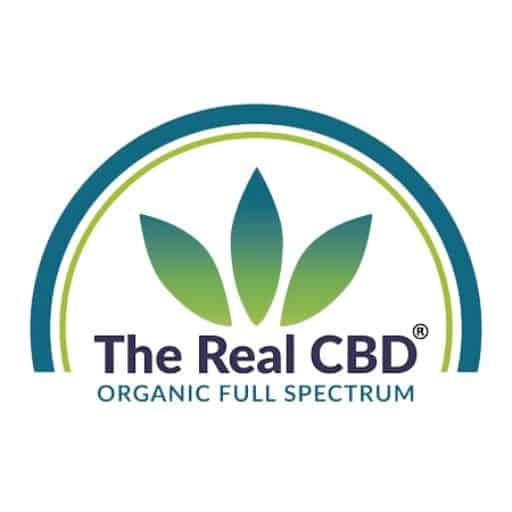
If you are using CBD oil and need to take medicines; it is best to talk to a doctor to find out what the best plan of action is. Once your doctor has given you the green light, it's time to choose a CBD product.
Look for CBD oil that has been tested by a third-party lab and comes with a Certificate of Analysis to make sure it is of good quality. These papers give a lot of information about how effective and safe the product is, including whether or not it has any harmful pesticides or herbicides. Choosing an organic CBD product is another way to make sure you're getting high-quality oil.
Think about how CBD oil will be given to you. For example, if you have a chest infection, you might like CBD oil in the form of capsules better than a vape pen. Check out what your chosen CBD brand has to offer and contact them to get correct information about when the effects will start and how long they will last.
CBD Oil Dosage
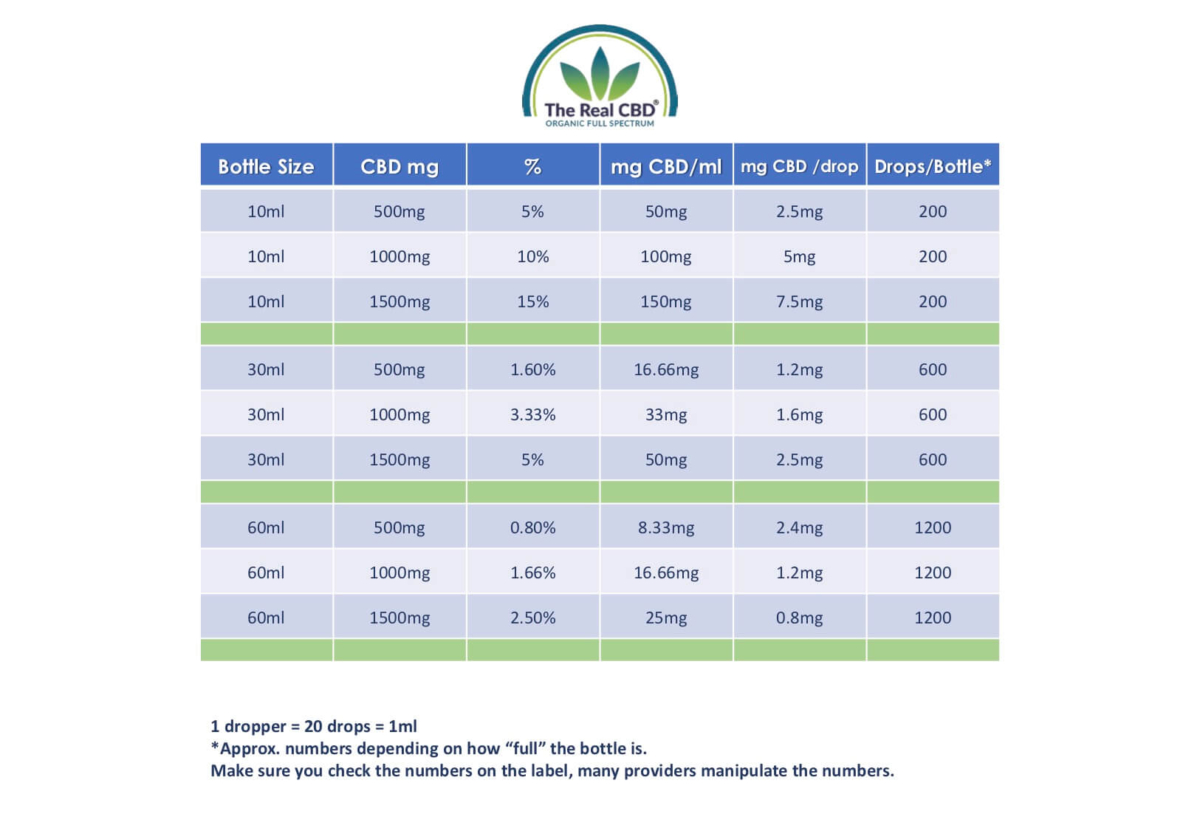
The right amount of CBD oil to take depends on things like metabolism, age, and weight, so it's hard to give a single dose recommendation.
Start with the lowest dose suggested on the label and increase or decrease it as needed. CBD oil doesn't have any major side effects, get you high, or put you at risk for an overdose or addiction. So, you can try different doses and concentrations with confidence until you find what works best for you.
Check out our dosage guide for help getting the right dose.
How long after CBD can you take Ibuprofen?
FAQ
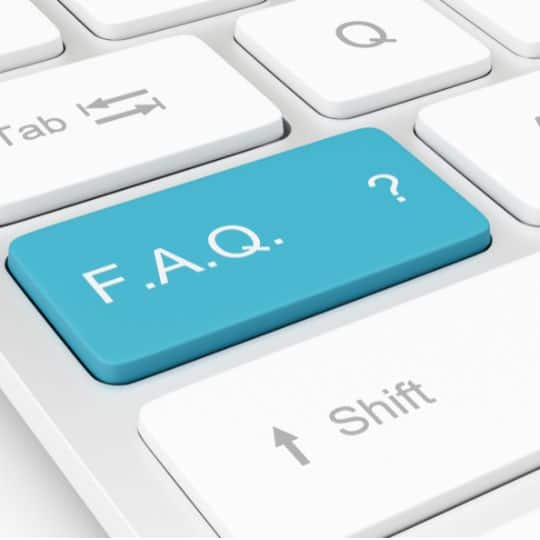
It is generally safe to take antibiotics and CBD oil together, but it is important to consult your doctor before doing so. CBD oil can interact with certain prescription drugs, including antibiotics, through the cytochrome P-450 enzyme system. This interaction may affect the effectiveness and metabolism of both substances. Your doctor can provide personalized advice based on your specific medications and health condition.
CBD oil can potentially slow down the metabolism of certain antibiotics, such as clarithromycin (Biaxin) and erythromycin, through the cytochrome P-450 enzyme system. This can lead to the antibiotics staying in your system longer than intended, which may increase the likelihood of side effects. It is important to be cautious and discuss this interaction with your doctor to ensure the safe and effective use of both CBD oil and antibiotics.
When CBD oil is taken alongside certain antibiotics, such as clarithromycin and erythromycin, there is a possibility of increased side effects. These side effects may include nausea, diarrhea, headaches, mood changes, weakness, stomach pain, and liver disease. It is important to be aware of these potential interactions and to discuss any concerns with your doctor before using CBD oil in combination with antibiotics.
CBD oil may potentially help reduce the side effects associated with antibiotics, such as nausea, vomiting, stomach pain, and joint pain. While there are anecdotal reports of CBD oil mitigating these effects, further research is needed to fully understand its antimicrobial benefits. It is advisable to consult with a healthcare professional to determine the most appropriate course of action and to ensure the safe and effective use of CBD oil alongside antibiotics.
The Real CBD Best Selling Products
-
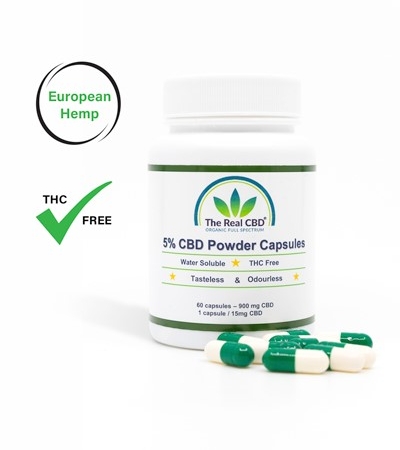 CBD Capsules – Water Soluble 5%€59.00
CBD Capsules – Water Soluble 5%€59.00 -
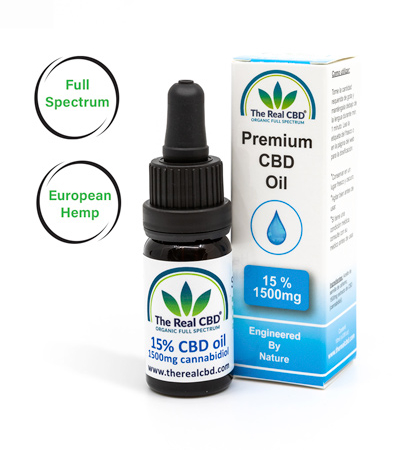 15% Pure CBD oil€80.00 – €85.00
15% Pure CBD oil€80.00 – €85.00 -
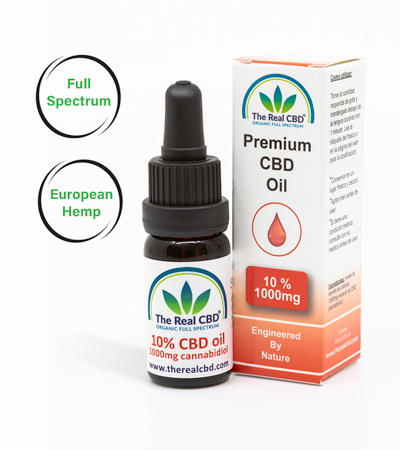 10% CBD oil€55.00
10% CBD oil€55.00 -
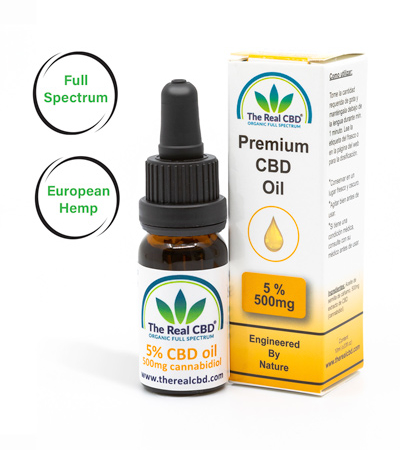 5% Pure CBD oil€29.00 – €35.00
5% Pure CBD oil€29.00 – €35.00 -
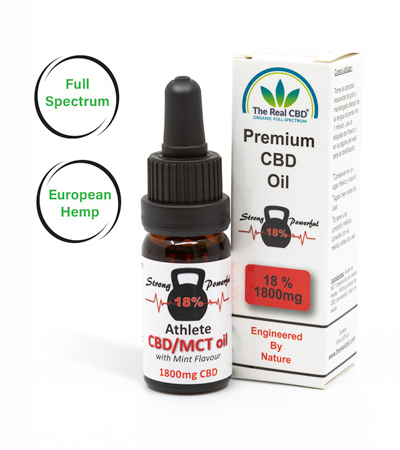 Athlete MCT/CBD oil 18%€90.00
Athlete MCT/CBD oil 18%€90.00 -
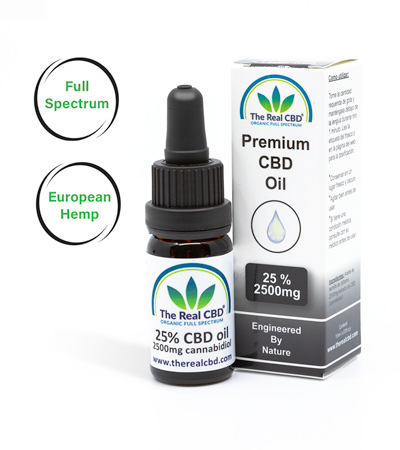 25% Pure CBD oil€139.00
25% Pure CBD oil€139.00 -
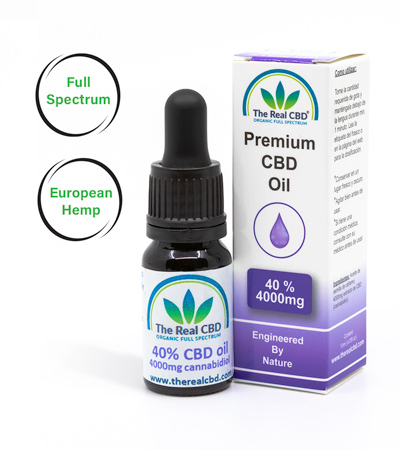 40% Raw CBD Oil€189.00
40% Raw CBD Oil€189.00 -
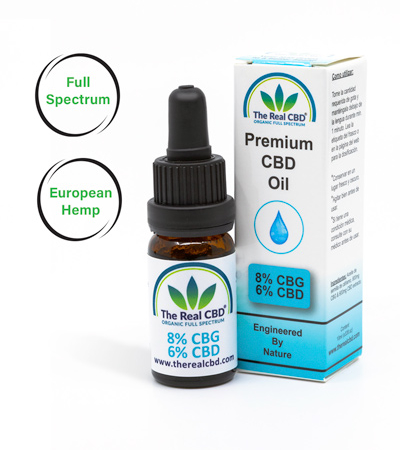 CBG/CBD oil€87.00
CBG/CBD oil€87.00 -
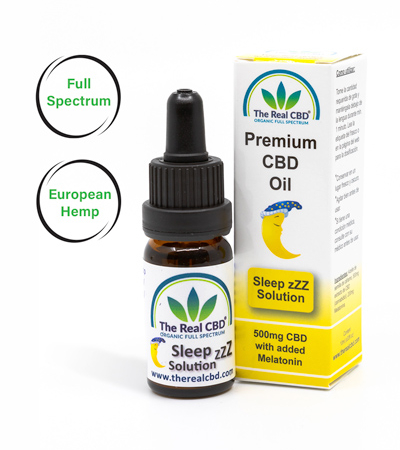 CBD Sleep Solution 10%€50.00
CBD Sleep Solution 10%€50.00 -
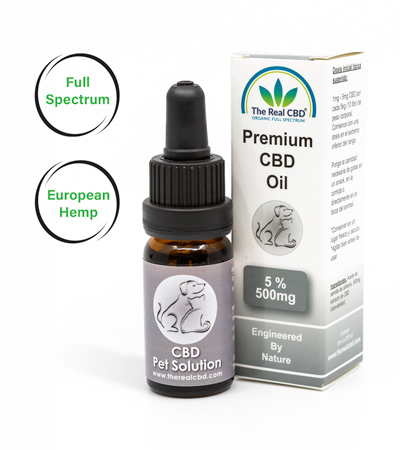 5% CBD oil for Pets€29.00
5% CBD oil for Pets€29.00 -
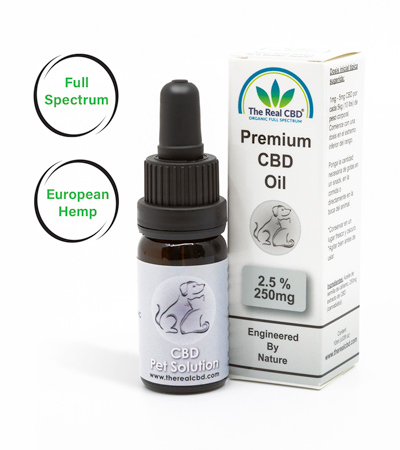 2.5% CBD oil for Pets€15.00
2.5% CBD oil for Pets€15.00 -
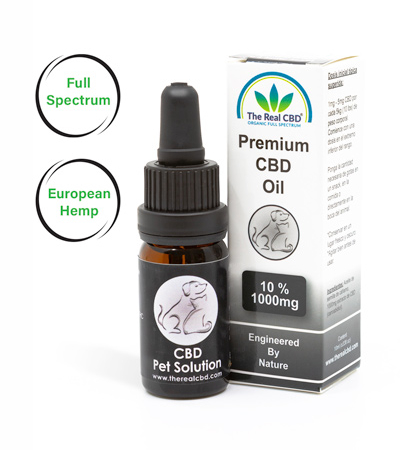 10% CBD oil for Pets€55.00
10% CBD oil for Pets€55.00

I am a certified expert in Medicinal Cannabis. We are all about giving correct and trustworthy information. We know how important it is to learn about CBD and cannabis, which is why we want to be your go-to source for trustworthy information. We help you improve your health by using our knowledge and experience as a starting point.

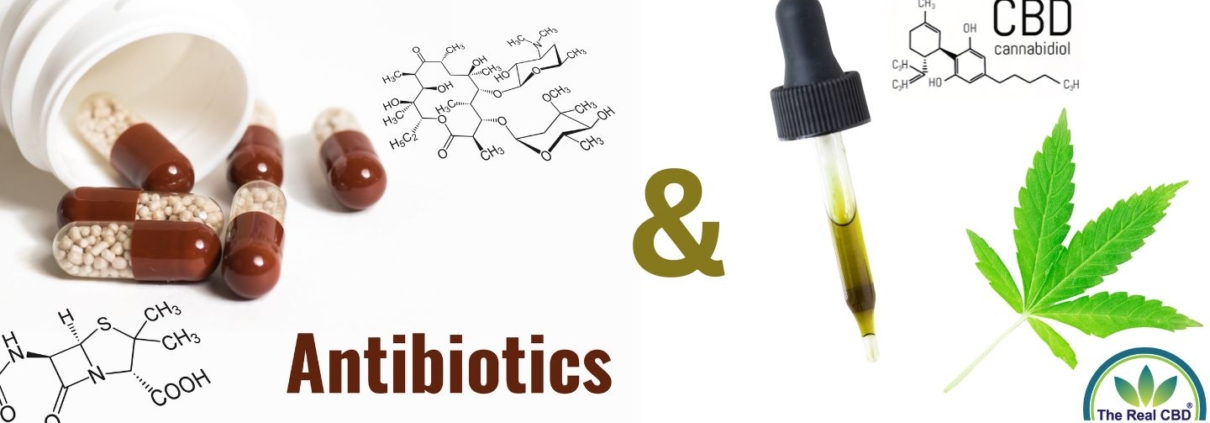












Leave a Reply
Want to join the discussion?Feel free to contribute!